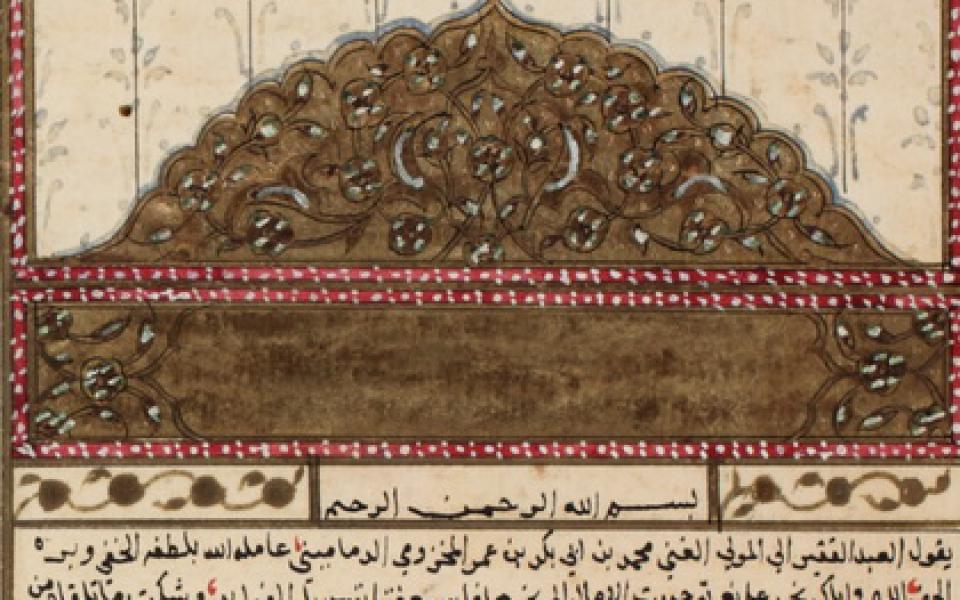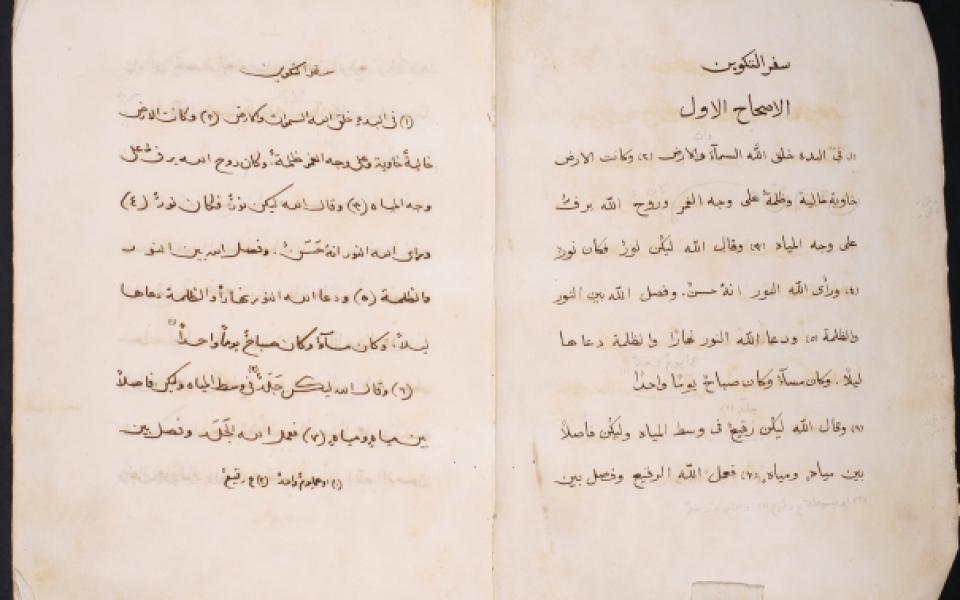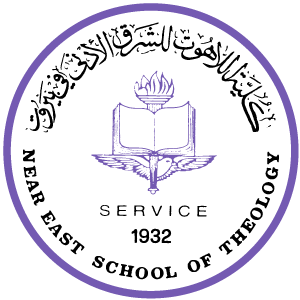Library

The NEST Library Archives and Special Collection (ASC) holds 293 separate manuscript volumes. The majority, 253 volumes, are Arabic manuscripts of either individual titles or bound collections of pamphlets, where occasional essays in Turkish or Persian are found. This amounts to 384 separate titles. The remaining manuscripts include 21 volumes in Armenian, 12 volumes in Syriac, 3 volumes in Hebrew, 1 volume in Kurdish (in the Armenian Alphabet), 1 volume in Persian, and 2 volumes in Turkish. Many of these manuscripts were purchased originally for the private libraries of American missionaries and Protestant church members and were used for a variety of purposes, including theological reflection and as references for Bible study and translation.
Moreover, the ASC is home to the manuscripts of what is commonly referred to as the 'Van Dyck Bible,' a nineteenth-century translation of the Bible into Arabic.
This unique collection of manuscripts includes draft translations by the American missionaries Eli Smith and Cornelius Van Dyck in collaboration with Arab scholars Butrus al-Bustani and Nasif al-Yazigy. Completed in 1865, the 'Van Dyck Bible' and its associated manuscripts represent important pieces of Protestant Heritage, Nahda literature, and translation history.
Moreover, the ASC is home to the manuscripts of what is commonly referred to as the 'Van Dyck Bible,' a nineteenth-century translation of the Bible into Arabic.
This unique collection of manuscripts includes draft translations by the American missionaries Eli Smith and Cornelius Van Dyck in collaboration with Arab scholars Butrus al-Bustani and Nasif al-Yazigy. Completed in 1865, the 'Van Dyck Bible' and its associated manuscripts represent important pieces of Protestant Heritage, Nahda literature, and translation history.

In 2009, NEST signed an agreement with Hill Museum and Manuscript Library (HMML)/Saint John's University (Minnesota, USA) to digitize the manuscript collection.
While selected items have been uploaded to the World Digital Library, scholars are welcome to visit the NEST Library and study items from the manuscript collection in digital format.
The full catalog of manuscripts can be viewed on the PDF links below. NEST holds the rights to all manuscript material and must be referenced as Near East School of Theology Library for citation.
For more information about referencing, restrictions, and access please contact library@theonest.edu.lb
While selected items have been uploaded to the World Digital Library, scholars are welcome to visit the NEST Library and study items from the manuscript collection in digital format.
The full catalog of manuscripts can be viewed on the PDF links below. NEST holds the rights to all manuscript material and must be referenced as Near East School of Theology Library for citation.
For more information about referencing, restrictions, and access please contact library@theonest.edu.lb
Need Help? You may reach us by email at library@theonest.edu.lb The library hours are 8:00am - 10:30pm for students and 8:00am - 4:00 pm for visitors and/or researchers (with a break from 12:00pm-1:00pm). |

